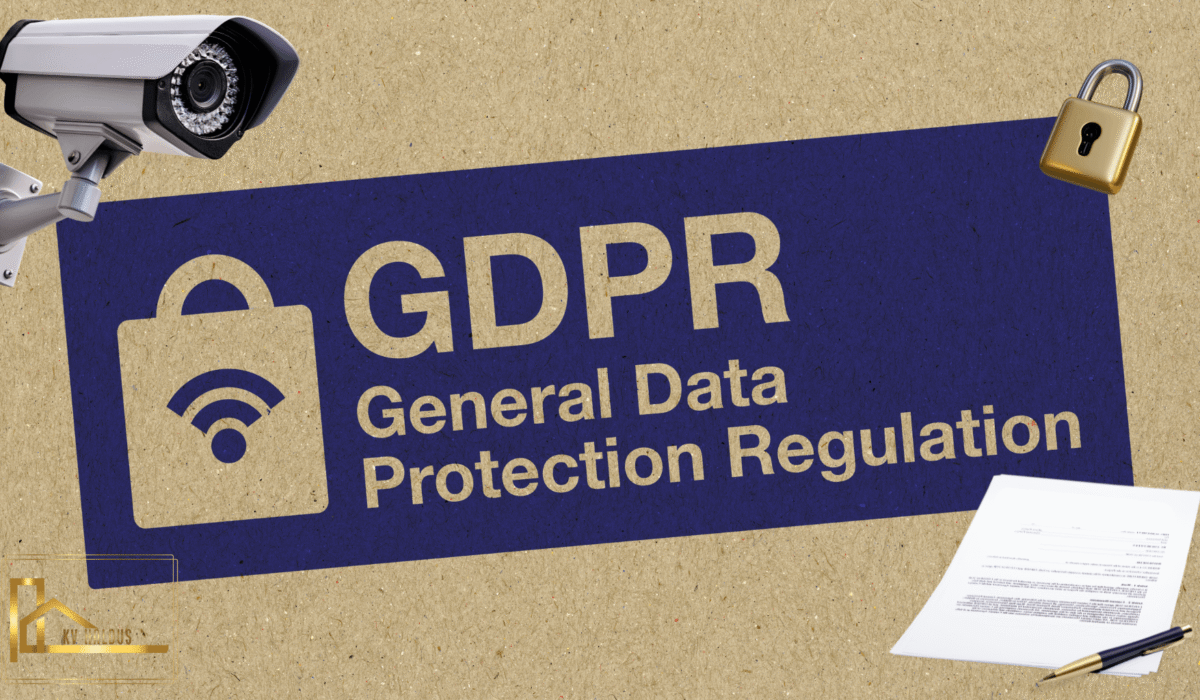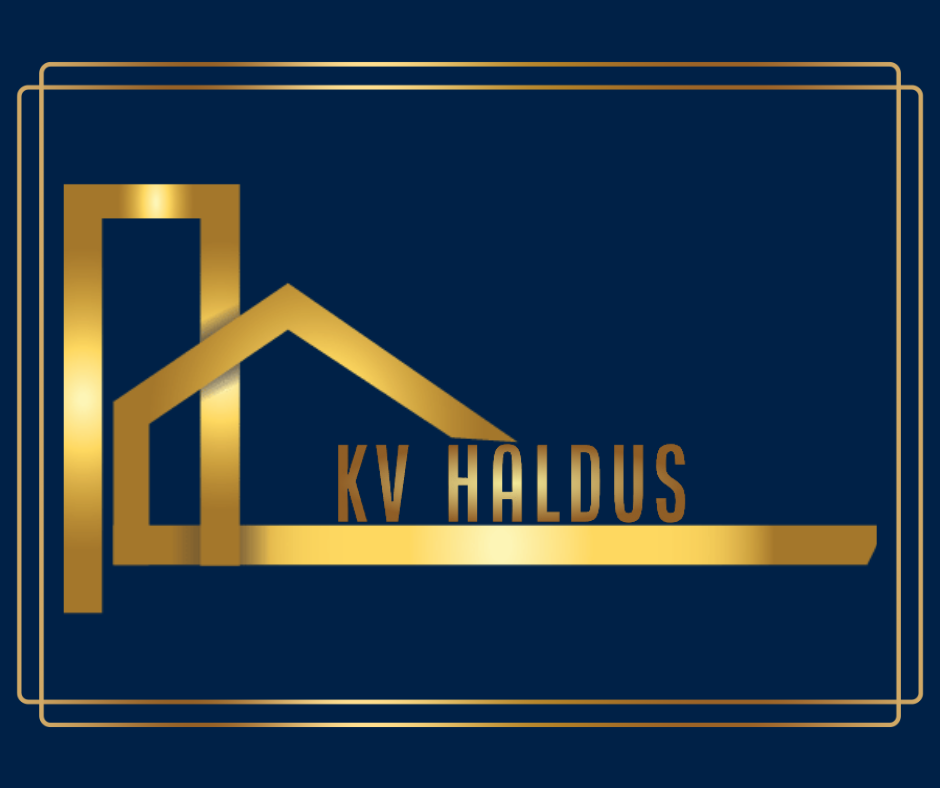GDPR in Real Estate – What Every Owner and Investor Must Know
Why is GDPR important in real estate?
If you own property, rent it out, use security cameras, or handle tenant data, you are already dealing with personal data. GDPR (General Data Protection Regulation) sets rules on how such information can be collected, stored, and used in Estonia.
In practice, this means property owners handle tenants’ contact details, video surveillance footage, access logs, or even visitors’ data. GDPR ensures these are not misused and obliges you to protect them.

What is GDPR and why does it apply in Estonia?
GDPR is a regulation adopted by the European Union that applies directly in Estonia. This means it has the same effect as national law. In Estonia, the authority responsible for monitoring compliance is the Estonian Data Protection Inspectorate (Andmekaitse Inspektsioon).
So, if you are a property owner in Estonia, GDPR applies to you. If you collect or store any personal data, whether from tenants, employees, or visitors, you must follow its rules. Violations can lead to inspections, warnings, or even significant fines.
What type of data in real estate falls under GDPR?
Personal data means any information related to an identifiable person. In real estate, this may include:
Tenant’s name, ID code, or contact details.
Payment and financial data.
Parking space information.
Security and access system records (e.g., key cards, codes).
Visitor log entries.
Video surveillance footage.
All of these are considered personal data and must be handled in line with GDPR requirements.
GDPR in Real Estate – Key Principles Owners Must Know
GDPR is based on six main principles, all of which apply in real estate:
Lawfulness, fairness, transparency – You may collect and process data only when you have a clear legal basis, such as fulfilling a lease agreement. Data cannot be secretly collected or used for unrelated purposes like marketing.
Data minimisation – Only collect the data you truly need. For example, tenant contact details and payment history are relevant, but you do not need their relatives’ personal information or unrelated private details.
Accuracy – Data must be kept up to date. Old or incorrect records, such as outdated tenant phone numbers, must be corrected or deleted.
Storage limitation – Data may not be kept indefinitely. For example, video surveillance recordings must usually be deleted after 30 days unless a security incident requires longer storage.
Security – Data must be stored securely, both digitally and physically. Files with tenant data should not be left open on desks, and access to digital systems must be password-protected.
Accountability – The property owner must be able to demonstrate compliance. This means keeping records, documenting actions, and proving that GDPR principles are followed.
How does GDPR appear in everyday property management?
Practical examples:
Video surveillance – If you use security cameras, you must inform tenants and visitors, and ensure recordings are securely stored. Clear signage is required.
Tenant agreements – When you collect tenant data, you must explain why you collect it, how long it will be stored, and how it will be used.
Access systems (e.g., key cards, entry codes) – Logs must be protected, and only authorised persons may view them.
Visitor logs – Paper or digital visitor logs must be stored securely and destroyed when no longer needed.
What happens if you don’t comply?
Failure to comply with GDPR can result in inspections and fines from the Estonian Data Protection Inspectorate. Across Europe, fines can amount to millions of euros. In Estonia, fines are generally smaller, but still a serious financial and reputational risk.
For property investors, non-compliance may also reduce the value of an investment, as compliance risks can deter buyers or partners.
How can you check if you are compliant?
Practical steps:
Take inventory – Identify what personal data you collect (tenants, visitors, logs).
Check purpose – Ask yourself why you collect this data and whether it is really necessary.
Review security – Where is the data stored? Is it secure (locked cabinets, password-protected systems)?
Verify retention periods – Delete data when no longer needed.
Keep records – Maintain documentation showing what data you collect and why. This will help if an inspection occurs.
Common data processing in real estate
Video surveillance – Clear signage, restricted access, short retention.
Parking systems – Registration of vehicles and users, which must be justified and securely stored.
Tenant data – Tenant information in rental contracts, which must be handled carefully.
Maintenance records – Contractors may also access tenant or property-related data, so agreements with them must include data protection clauses.
GDPR in Real Estate Means Responsibility and Trust
GDPR is not just bureaucracy – it builds trust. For property owners and investors, following these rules means:
Lower risk of fines and legal disputes.
Improved tenant and partner confidence.
Better long-term property value and reputation.
In short: As a property owner in Estonia, GDPR is not optional. It is a legal obligation that protects you, your tenants, and your investment.
The owner also has other obligations beyond data protection. You can read more about them here: Building Maintenance
For an overview of how laws affect property ownership and use in Estonia, see: Property Law
